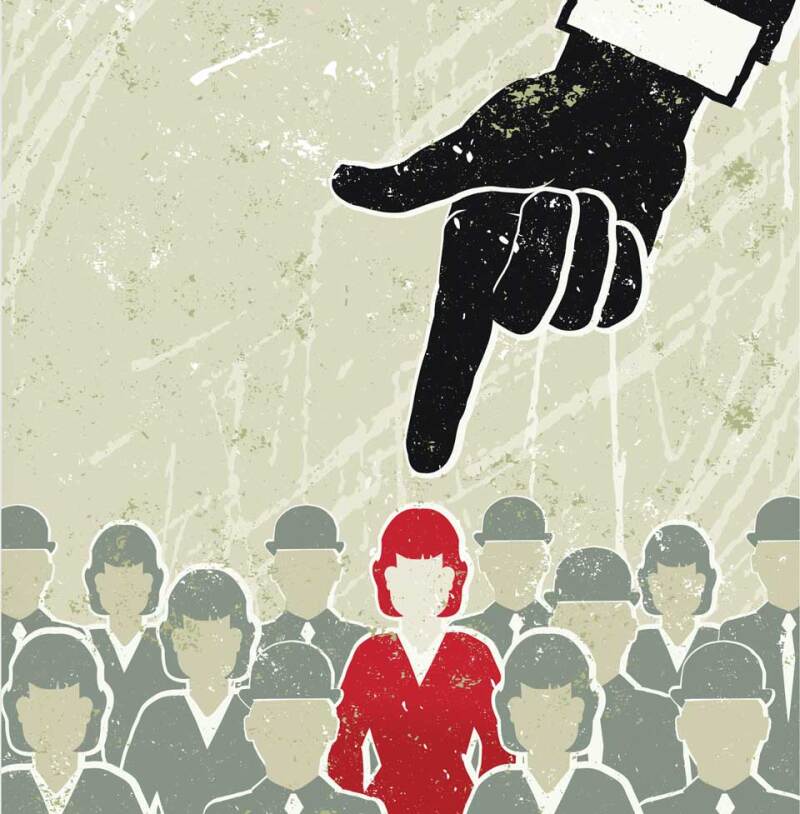
Soh Siew Choo is a rare female banker in the male-dominated field of technology.
She graduated with a degree in computer science from the National University of Singapore two and a half decades ago, long before tech was the go-to industry for ambitious graduates.
She spent 19 years building JP Morgan’s technology functions across both investment banking and corporate banking, joined DBS Bank in Singapore in November 2014, and is now group head of consumer banking and big data and artificial intelligence technology.
Soh has often been the lone woman in a room full of male bankers and clients, so she knows that things need to change – and quickly.
The good news is that women are stepping up

“Progress around gender equality in digital banking and AI technology is still quite slow, at just about 23% women representation,” she tells Asiamoney. “The bro culture is very much there, but the good news is that women are stepping up and voicing out about the lack of diversity and equality.”
Singapore, which is positioning itself as Asia’s fintech hub, is one of the few places in the region where women have a chance to thrive in the area of financial technology and banking.
The Singapore government has made fintech and startup development one of its priorities in recent years. The Monetary Authority of Singapore has offered grants to support innovation and launched a regulatory sandbox for startups.
The Singapore Fintech Association, an industry body, has a committee focused on women in fintech so that women in the industry have a louder voice and more networking opportunities. According to consumer research firm ValueChampion, which analyzed publicly available information, Singapore ranks second in Asia Pacific (after Australia) for being the best country for women in fintech.
Women either set up or run a host of fintech startups in Singapore. For example, female entrepreneur Tan Hooi Ling is co-founder and chief operating officer of ride-hailing firm Grab, which offers taxi rides and mobile payment options. Rachel Lim, Viola Tan and Velda Tan jointly founded online fashion brand Love, Bonito, which is based in Singapore and extremely popular with women.
In banking, the list of senior female leaders in technology-related jobs is still rather short, but there are some standouts, including Soh at DBS and UOB’s Susan Hwee.
The brightest students are entering the computing and technology fields

Hwee, who is head of group technology and operations, as well as a member of the bank’s management executive committee, leads more than 5,000 employees at UOB and focuses on developing the firm’s technological platform and driving innovation.
“In the past, many companies outsourced their tech staff because countries such as India and China already had a well-developed pool of tech talents,” she tells Asiamoney. “As a result, there was less priority placed on developing local tech talents, whether they are men or women, in Singapore.”
That has changed now. Hwee sees the “brightest students entering the computing and technology fields”, paving the way for the next crop of technology-savvy leaders.
Banks are doing their part too in building a pipeline of women in technology. DBS, for instance, has run a Hack2Hire programme for three consecutive years, a way for it to identify talent in areas such as cloud computing and AI. It also launched a Hack2Hire-Her initiative, specifically designed to identify top female talent for technology roles within DBS, says Soh.
The scheme has been a success. The proportion of applications from women has risen from about 5% in 2017 to 30% last year, with the number of job offers made to women also jumping about five times over the same period.
“It proves that if you actually put in the effort and focus on gender diversity, you can get results,” she adds.
If banks in Singapore want to be able to compete effectively with the host of fintech firms setting up shop there, they have to work harder at attracting female talent – especially as many women naturally gravitate towards technology companies over traditional banks.
Banks have made strides in other parts of the business, with some of Asia’s most senior women bankers based in the southeast Asian city-state.
We have a responsibility to lift people as we climb

These include bankers such as Tan Su Shan, who runs institutional banking at DBS Bank, Chien Chien Wong, Credit Suisse’s Asia Pacific chief operating officer, and Julia Raiskin, Citi’s Singapore-based head of equities and securities services for Asia.
However, the numbers are telling. At UOB, 61% of the employees are female; at OCBC and DBS, women make up 59% and 52% of the staff respectively, according to Asiamoney’s first Women in Finance survey for Asia. But when it comes to female representation at the top of Singapore’s banks, the proportion of women is lower. Women occupy 41% of the senior management positions at OCBC, but only 30% at UOB and 28% at DBS.
Heidi Toribio, Standard Chartered’s Singapore-based global head of financial institutions, says there is plenty of room for more women at the top.
“Will we see that happen? Absolutely,” she says. “But I also think that women and individuals have a responsibility to build that pipeline and the channel to get there. We all also have a responsibility to help lift people as we climb.”